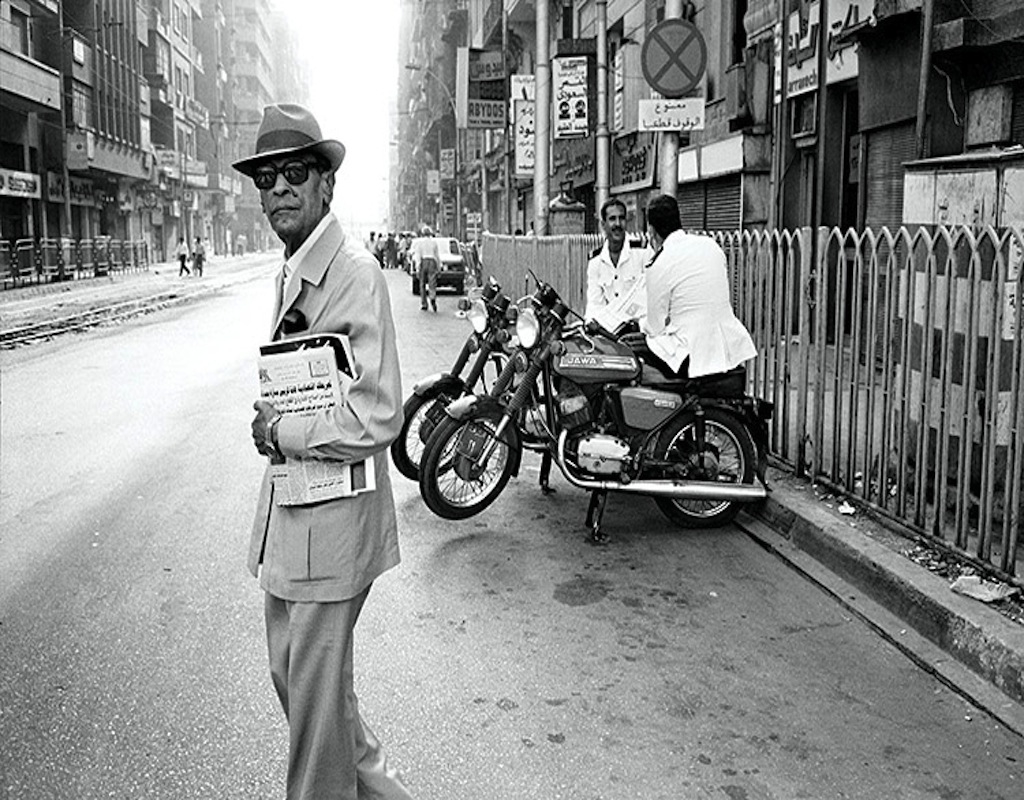A new book featuring Naguib Mahfouz’s previously unknown stories is now being published by Dar al Saqi and will be launched on the author’s 107th birthday, 11 December, Al Ahram reports. English translations by Roger Allen, who also translated other Mahfouz books such as ‘Mirrors’, will be released next autumn. The book will also feature manuscripts demonstrating Mahfouz’s editing process, which reveal how his handwriting was affected by the knife attack that occurred after they were written and before they were published. The short stories were discovered by culture journalist Mohamed Shoair, who was in the middle of writing his book which chronicles the controversy around Mahfouz’s novel ‘Awlad Haretna (Children of Gebelawy)’. As Shoair was documenting the publishing history of the novel, he went on a mission for several years to search through thousands of archives, books, magazines, and newspapers. Throughout his search, he came across a file of 50 short stories written by Mahfouz that were entitled “for publishing 1994”. Some of the stories were published in Nisfeldunia magazine issued by Al Ahram, before the failed assassination attempt of Mahfouz in 1994. Yet Shoair found that 18 of these…
Naguib Mahfouz’s Newly Discovered Stories to be Published This December
November 19, 2018



